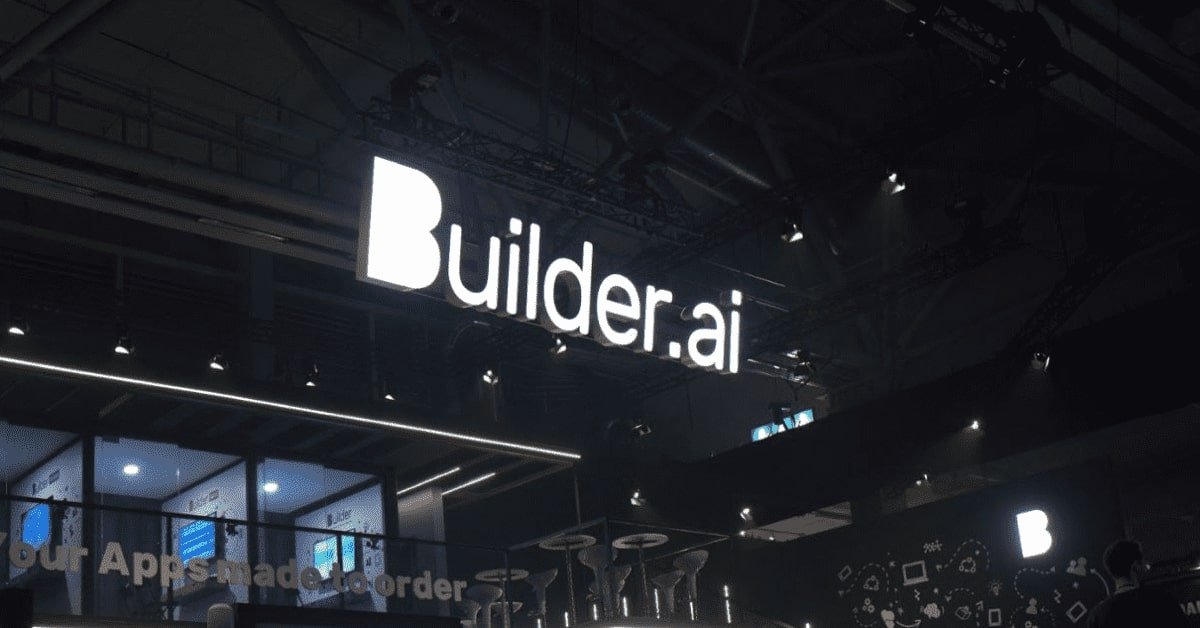Builder.ai, a startup founded in 2016 and touted as a revolutionary platform in the no-code, AI-driven app development space, is shutting down operations across its international footprint. Under the leadership of newly appointed CEO Manpreet Ratia, the company has announced that it will initiate bankruptcy filings in all five of its operational jurisdictions — the U.K., U.S., India, UAE, and Singapore.
The dramatic downfall follows a boardroom shake-up earlier this year, in which Ratia replaced founder Sachin Dev Duggal amid rising concerns about the company’s financial practices and credibility. According to Bloomberg, most of Builder.ai’s employees have already been laid off, and the company has ceased core operations after losing access to substantial funding.
Founded with a mission to democratize app development using artificial intelligence, Builder.ai rapidly attracted investor interest by enabling businesses to build custom applications with little or no coding knowledge. The startup raised over $450 million(₹3,757.5 crore) from prominent backers including Microsoft, Qatar Investment Authority (QIA), WndrCo, and the World Bank’s IFC, with Microsoft even integrating Builder.ai into its Azure ecosystem.
Financial Red Flags and Investor Pullback: The Start of the End
Despite its impressive fundraising and strategic alliances, Builder.ai’s foundation began to crack just months ago. In May 2023, Microsoft made a strategic equity investment, propelling the startup into global prominence. But beneath the hype, former employees and whistleblowers had already begun questioning the firm’s revenue claims and internal accounting practices.
The situation escalated when Builder.ai was forced to revise key sales figures and appoint external auditors to examine two years of financial data. The revelations of inflated performance metrics during investor briefings deeply damaged credibility and led to growing scrutiny from stakeholders.
The tipping point came when Viola Credit, which had extended a $50 million(₹417.5 crore) credit facility in 2023, exercised its rights and seized $37 million(₹308 crore) from the company’s accounts, leaving Builder.ai unable to pay employee salaries or sustain operations. The remaining capital, tied up in Indian bank accounts, remains inaccessible due to regulatory restrictions, further hampering the company’s ability to recover.
Ratia confirmed that despite efforts to contain the crisis, the company’s operational runway had fully eroded, making insolvency the only viable option.
ALSO READ: FCRF Launches Campus Ambassador Program to Empower India’s Next-Gen Cyber Defenders
A Global Fallout: Bankruptcy, Employee Fallout, and Industry Lessons
The cross-border insolvency proceedings now underway reflect not just a corporate collapse but also the broader volatility facing AI startups in 2025. Each region presents unique legal challenges: the U.K. requires the appointment of a court-approved administrator, while U.S. and Indian bankruptcy laws present different procedural hurdles.
Builder.ai posted a statement on LinkedIn, thanking its employees, partners, and customers while admitting that internal failures had made recovery impossible. The company said it would cooperate with court-appointed administrators in each country to explore the possibility of salvaging valuable IP or product elements.
Industry analysts are viewing the Builder.ai collapse as a cautionary tale. Phil Brunkard, Executive Counselor at Info-Tech Research Group, noted to Computer World that many AI companies scaled too fast, prioritizing hype and valuation over sustainable business models and financial discipline.
This is not an isolated case. The AI startup sector, flooded with billions in funding over the past two years, is beginning to experience a correction as investors now demand profitability, transparency, and compliance alongside innovation.
A High-Flying Startup Falls to Earth
Builder.ai’s downfall is emblematic of a broader reckoning in the tech and AI ecosystem. For a company that once symbolized the future of no-code development — backed by titans like Microsoft and QIA — the speed of its decline underscores the dangers of overreliance on inflated metrics and unchecked growth.
As regulatory scrutiny tightens and investor expectations evolve, the AI industry may face more such implosions unless grounded in solid governance and long-term vision. Builder.ai’s legacy may not lie in the apps it enabled, but in the cautionary lessons it leaves behind.



